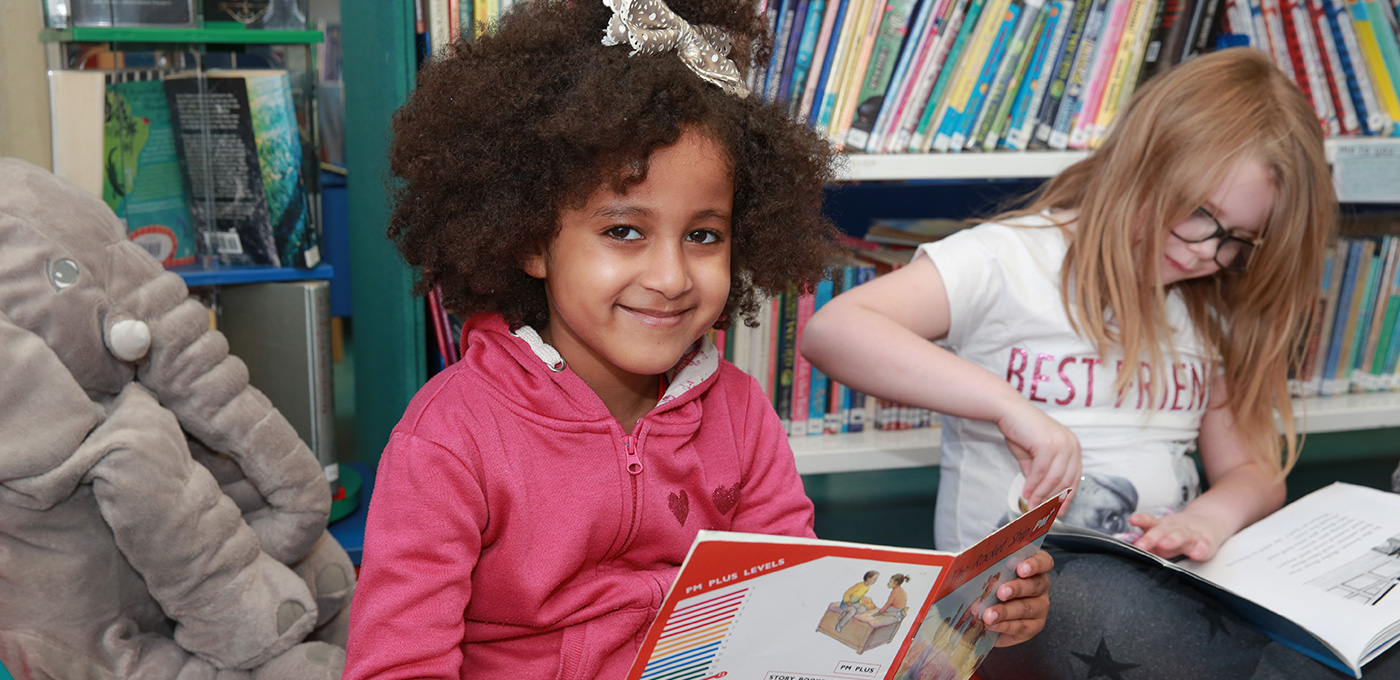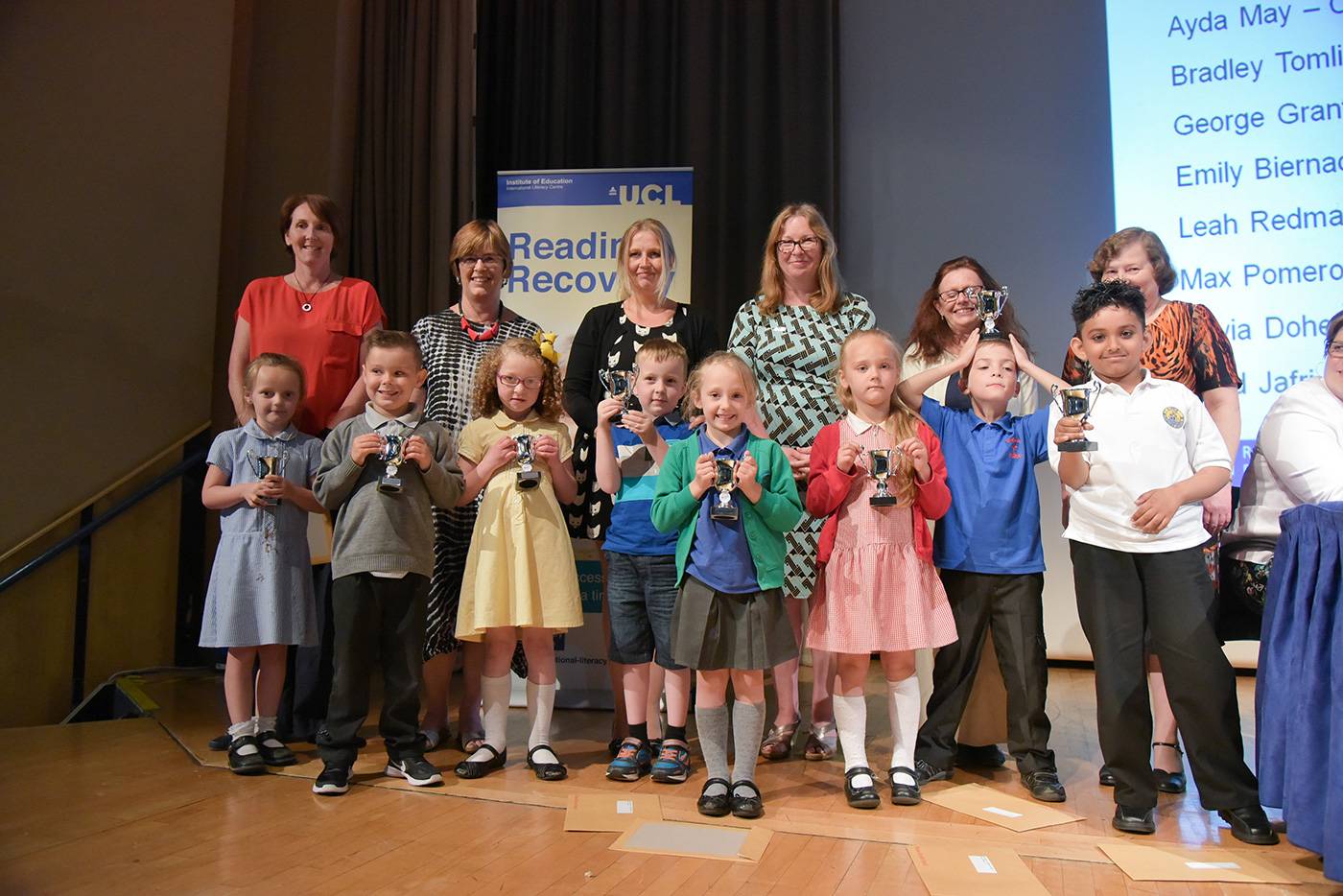Why Reading Recovery works
More than 100 international research studies have documented the benefits of Reading Recovery.

19 June 2017
By Jon Waldren.
What is Reading Recovery?
Reading Recovery was developed in the 1970s by the New Zealand educator Dr Marie Clay and is now used worldwide. It consists of a short-term intervention programme for children with the lowest literacy attainment who are struggling with learning to read. Research has shown that children with poor literacy will not reach the expected level when they undertake their key stage 2 tests at age 11. The inability to read affects a child's lifetime expectations and those who fail to reach their age-expected attainment early in their schooling will make up the poorest sections of our society in adult life.
Overcoming illiteracy with Reading Recovery
Children identified for Reading Recovery have made little or no progress in literacy in their first year of teaching and three out of four are still non-readers. Children of around six years-old are given a series of sensitive assessments of their literacy and those with the very lowest scores are offered Reading Recovery.
Children who need Reading Recovery are different
Children who need Reading Recovery programmes are different from the average six year old. They have multiple disadvantages - for instance:
- Over 45% of children in Reading Recovery are living in poverty
- 100% of children in Reading Recovery are the lowest attaining
- Boys make up over 60% of Reading Recovery children.
Does Reading Recovery work?
More than 100 international research studies have documented the benefits of Reading Recovery. Research has shown that over 85% of children who have undertaken the programme have:
- Developed fluency and stamina and that enables them to read longer texts
- Learned to use rich language, develop complex sentences and have the ability to carry multiple ideas in their minds.
Reading Recovery eliminates costly long-term remedial intervention later in a child's education. Reading Recovery children are shown to reduce the attainment gap to less than 5% in reading and writing between those from economically disadvantaged homes compared with their peers. Reading Recovery allows almost all children to succeed and has the positive potential to permanently close the attainment gap for children living in poverty.
The International Literacy Centre
The Reading Recovery programme, and associated teacher training programmes, are run by the International Literacy Centre (ILC) at IOE. The Centre promotes literacy education from age 2 to 13 (Early Years Foundation Stage to Key Stage 3). It brings together the highest quality of professional support to enable all children to achieve excellence in literacy.
"Being literate is the core of any child's education. Reading Recovery children are reading and writing not just for pleasure but with pleasure, and that is amazing for children who, just a few months ago, where the lowest attaining in their class for literacy. That is what makes Reading Recovery so special it makes children feel good about becoming readers and writers." - Julia Douetil, Director of the ILC
The achievements of children are celebrated each year with the Read Aloud campaign. The event not only raises the self-esteem of the children by celebrating their achievements it also encourages them to become role models for children facing a similar struggle to read.
Read Aloud children read to someone who is special to them either physically, or via Skype, video link or a recording. The person being read to then sends a message of support back to the child. The Read Aloud campaign is championed by the actor Gillian Anderson and the footballer Gareth Bale. Other famous names from literature, media and sport that have supported the event include Sir Tony Robinson, Sir Quentin Blake, Janet Street Porter, Little Mix and astronaut Colonel Chris Hadfield.
 Every year the International Literacy Centre holds an awards ceremony to celebrate the achievements of children, teachers and schools.
Every year the International Literacy Centre holds an awards ceremony to celebrate the achievements of children, teachers and schools.
 Close
Close


